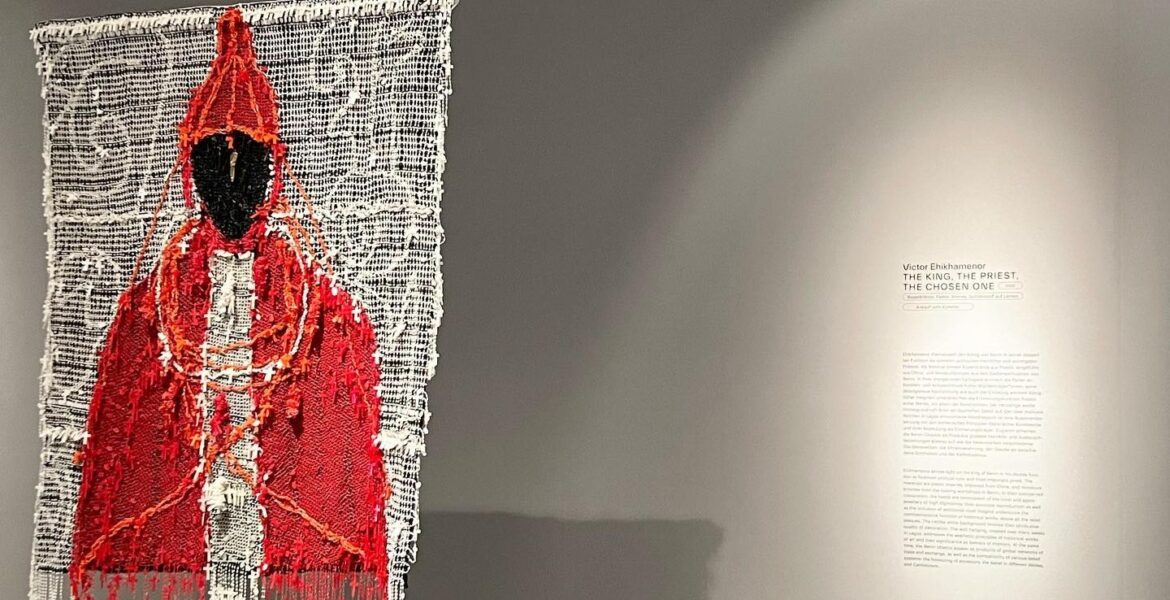Known for his expansive works that engage with a multinational cultural heritage and post-colonial socio-economics of contemporary Black lives, Ehikhamenor has been urging striking a balance between survival and artistic expression in Fofa Dialogues in Gaborone. Staff Writer GOSEGO MOTSUMI reports
The return of curatorial gallery, Ora Loapi’s quarterly “Fofa Dialogues” last Sunday at Botswana Bureau of Standards in Gaborone featured world renowned visual artist, Victor Ehikhamenor, who unpacked issues of the arts sector in a conversation with local creative Tanlume Enyatseng.
The concept of the Fofa (Fly) Dialogues is to attract Africa’s foremost thought leaders in the arts, business, health, policy and religion to Gaborone for intimate, intellectually sound discussions on cultivating strong networks with tangible, targeted deliverables that can inform policy and research.
Ehikhamenor was introduced as a Nigerian visual artist, writer and photographer known for his expansive works that engage with a multinational cultural heritage and postcolonial socio-economics of contemporary black lives.
A symbol of resistance
In 2017, he was selected (along with two other artists) to represent Nigeria at the Venice Biennale, the first time that Nigeria would be represented in the event. His work has been described as representing “a symbol of resistance” to colonialism.
Said he: “I come from a village where art is a daily life and so art is what comes to you naturally. I use a lot of lines in my work and I bring what you are used to seeing and slow it down. I also go into history to pay homage to those who have come before us, and I am not restricted by mediums.”
The event attracted a healthy mix of creatives from different art disciplines who shared that they often find it difficult to strike a balance between surviving in the industry by following trends and staying loyal to their true voice as artists.
The ‘hungry artist’ mentality
Art is largely viewed as a hobby in Botswana and as a discipline that needs saving. Ehikhamenor advised that artists should create works that impresses them first before they reach the market or collectors. “I have always worked because I don’t subscribe to the ‘hungry artist’ mentality,” he said.
“I had a job so that I fund my art habits. You should have the mindset that art is a business, invest in it and gather knowledge about it. The gate is not as tight as before, and this is the time for Botswana artists to take the front seat in creating archival works that the future will engage on.”
Another challenge that the local creative industry grapples with is lack of collaborations as creators often prefer to work by themselves to make an individual mark.
Meaningful conversations
Ehikhamenor was quick to highlight that the challenges faced are not peculiar to Botswana. The trick, he said, is to find like-minded people who can have meaningful conversations without being competitive.
“You need to show people that it is possible before they buy into the idea,” he said. “I would also advise that you do away with overreliance on the government because there are supporters of art out there who are willing to spend on your work.
“You only need the government to come up with policies that won’t shut down your art studio.”

